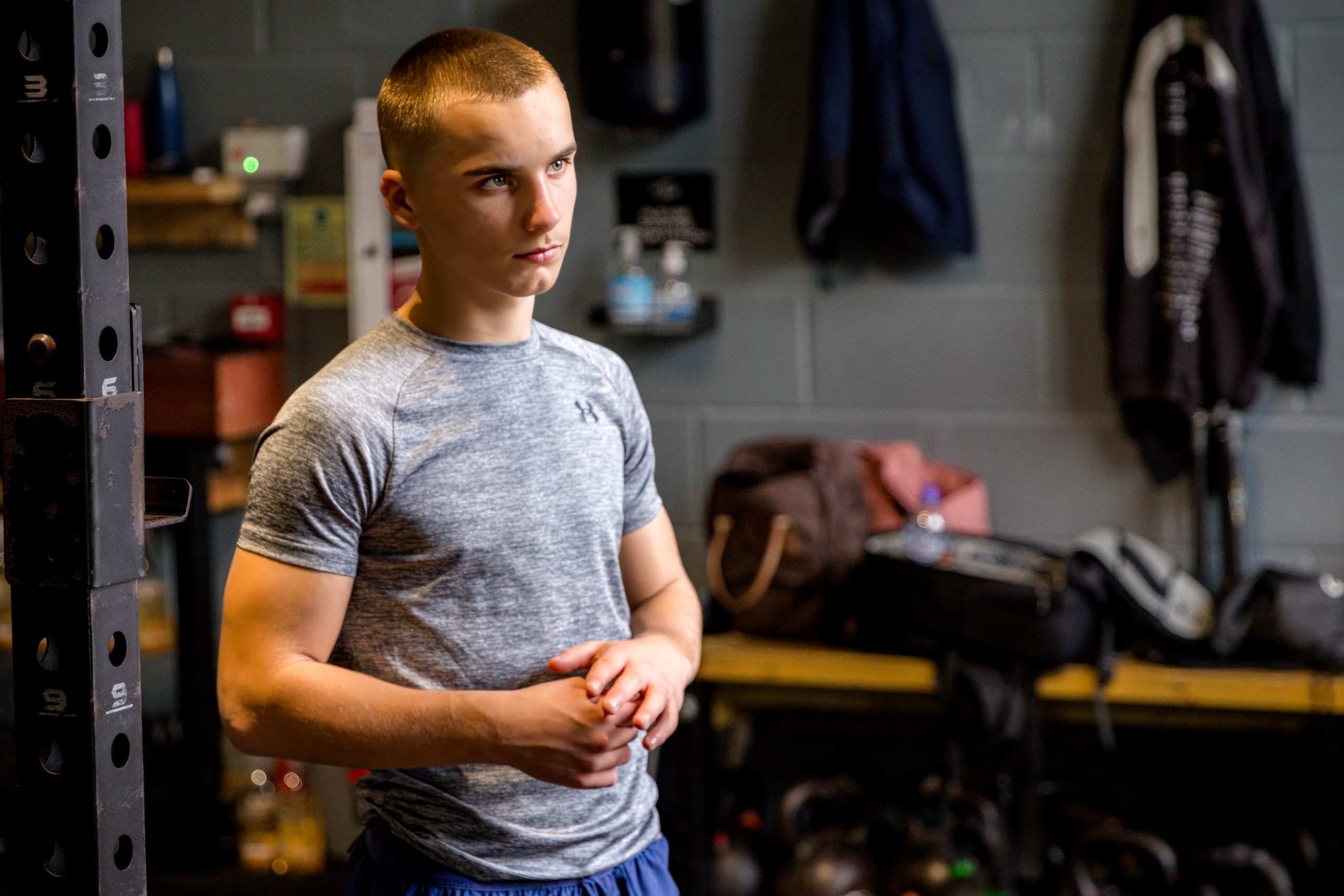In today’s hyper-connected world, young athletes aren’t just competing on the field or court; they’re also constantly battling for validation in the digital arena. Young athletes and Social media, while offering connection and community, presents a unique set of challenges to their self-esteem and body image. As parents and coaches, understanding this landscape is crucial to protecting our young athletes’ mental and emotional well-being.
The Constant Comparison Trap for Young Athletes and Social Media:
Social media platforms are designed for visual consumption. Athletes are bombarded with images and videos showcasing “perfect” bodies, flawless performances, and seemingly glamorous lifestyles. This constant exposure fuels social comparison, a phenomenon where individuals evaluate themselves against others. Research from the UK’s Royal Society for Public Health has highlighted the link between social media use and increased anxiety and depression, particularly among young people, often driven by this constant comparison.
Studies like “Social Media Use and Body Image Concerns: Associations with Body Dissatisfaction, Drive for Muscularity, and Disordered Eating” published in the Journal of Adolescent Health have found a strong correlation between social media use and body dissatisfaction, especially among young athletes. They see edited photos, filtered videos, and highlight reels that create unrealistic expectations, leading to feelings of inadequacy and self-doubt.
The Pressure to Perform and Look Perfect:
The pressure to succeed in sports is already immense. Social media amplifies this, adding the pressure to project a perfect image online. Athletes may feel compelled to post about their training, achievements, and physiques, creating a performative cycle where their worth is tied to likes, comments, and followers.
This can lead to unhealthy behaviours. A study by the NCAA found that athletes are particularly vulnerable to disordered eating and body image issues. The constant focus on physical appearance and performance on social media can exacerbate these problems. The need to maintain a “perfect” online persona can lead to excessive exercise, restrictive diets, and even the use of performance-enhancing drugs.
Cyberbullying and Online Harassment:
Social media platforms can be breeding grounds for cyberbullying and online harassment. 1 Young athletes may face criticism about their performance, appearance, or even their personal lives. This can have a devastating impact on their self-esteem and mental health. A report by Ditch the Label (UK) found that cyberbullying is a significant issue among young people, with a substantial percentage experiencing negative comments related to their appearance.
The anonymity offered by online platforms can embolden bullies, making it harder for victims to seek help. The constant exposure to negative comments can erode an athlete’s confidence and lead to feelings of isolation and despair.
Strategies for Young Athletes and Social Media: Impications for Parents and Coaches
Navigating the complexities of social media requires a proactive and supportive approach. Here are some strategies parents and coaches can implement:
- Open and Honest Communication: Create a safe space for young athletes to discuss their concerns about social media. Encourage them to share their experiences and feelings without judgment.
- Education and Awareness: Educate young athletes about the unrealistic nature of social media. Explain how filters, editing, and curated content can distort reality.
- Promote Media Literacy: Teach athletes how to critically evaluate online content and identify misleading information. Encourage them to be mindful of the sources they trust and the messages they consume.
- Focus on Performance, Not Appearance: Emphasize the importance of skill development, effort, and sportsmanship over physical appearance. Help athletes understand that their worth is not defined by their looks or their online popularity.
- Encourage Healthy Habits: Promote healthy eating, regular exercise, and adequate sleep. Help athletes develop a positive relationship with their bodies and prioritize their overall well-being.
- Limit Social Media Use: Encourage athletes to set boundaries around their social media use. Suggest alternative activities, such as spending time with friends and family, pursuing hobbies, or engaging in offline activities.
- Model Positive Behaviour: Parents and coaches should be mindful of their own social media use and avoid perpetuating unrealistic beauty standards or promoting unhealthy behaviours.
- Support a Positive Team Culture: Coaches can foster a team culture that values inclusivity, respect, and support. Encourage athletes to celebrate each other’s achievements and build a strong sense of community.
- Seek Professional Help: If you notice signs of body image issues, disordered eating, or mental health struggles, seek professional help from a therapist, counselor, or sports psychologist.
- Promote real life connections: Encourage athletes to participate in team building activities that do not involve technology. Help them to build face to face relationships.
The Importance of Balance:
Social media is not inherently bad. It can be a valuable tool for connection and communication. However, it’s essential to help young athletes develop a healthy relationship with these platforms. By fostering critical thinking, promoting positive self-esteem, and providing a supportive environment, we can empower them to navigate the digital landscape with confidence and resilience.
Ultimately, the goal is to help young athletes understand that their worth is not determined by their online presence. True success lies in their character, their effort, and their passion for the sport they love. Part of our work supporting young athletes is to prevent them comparing themselves to others, and building an understanding that they mature and develop at different rates. By focusing on these values, we can help them build a strong foundation for a healthy and fulfilling life, both on and off the field
